The Prime Minister said that Vietnam has the foundation and basis to achieve the set goals and is increasingly gaining more experience, courage, and resources to continue developing in the new era.
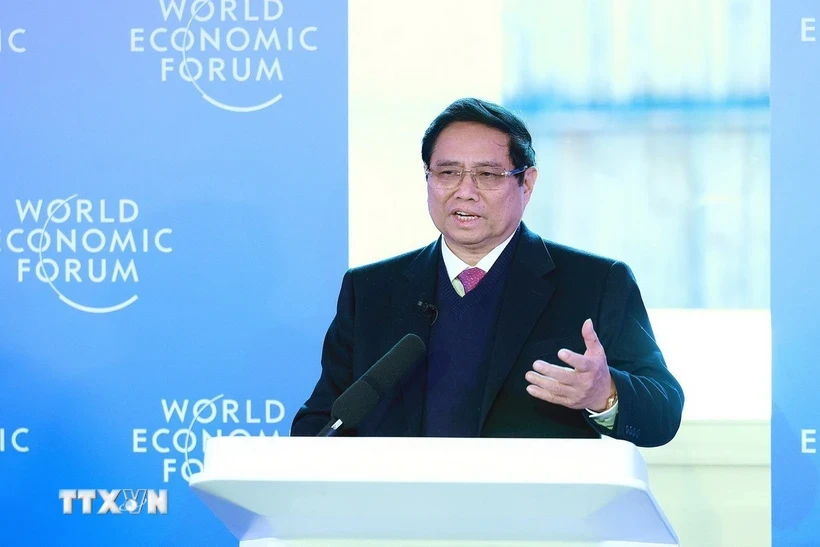
According to the special correspondent of VNA, during the program to attend the 55th Annual Meeting of the World Economic Forum (WEF Davos 55), on the morning of January 21, local time, in Davos, Switzerland, Prime Minister Pham Minh Chinh led a high-ranking delegation of the Vietnamese Government to attend and speak at the Vietnam National Strategy Dialogue with the theme: Unleashing Vietnam's growth potential: Promoting investment and innovation for a prosperous future.
Attending the Dialogue were WEF Asia-Pacific Regional Director Joo-Ok Lee and more than 60 leaders of global corporations that are WEF members.
This is one of the few national dialogue activities held at the WEF Davos Conference this year and is the 4th National Strategic Dialogue that WEF has organized with Vietnam.
At the Dialogue session, the corporations expressed their strong impression of the economic growth rate of over 7% in 2024 and the management results of the Vietnamese Government in the context of the world economy facing many difficulties and challenges. The corporations shared and highly appreciated the attractive investment opportunities of the Vietnamese economy.
In addition, businesses also want to learn about Vietnam's mechanisms and policies to encourage investors to participate in areas such as infrastructure, liquefied gas, healthcare, oil and gas industry, hotels; policies to ensure power sources, clear procedures to implement projects, ensure human resources and remove export restrictions in some important markets of Vietnam.
Speaking at the Dialogue session, Prime Minister Pham Minh Chinh expressed his pleasure at attending the WEF conferences for the fourth time and highly appreciated the theme of the event, thanking the participation of many international partners and businesses, thereby continuing to spread the spirit of international cooperation and highlighting the role of public-private cooperation in promoting the development and prosperity of the world.
Analyzing the growth potential in Vietnam, the Prime Minister pointed out the self-reliance capacity of the economy when it has to cope with difficulties due to being a transitional economy, with a modest economic scale and large openness, and facing natural disasters and climate change that cause a lot of damage, especially Typhoon Yagi which severely devastated 26/63 provinces and cities, reducing GDP growth by about 0.15-0.2% in 2024, but Vietnam achieved and exceeded all 15/15 socio-economic development targets.
Of which, GDP growth reached over 7%, the macro economy was stable, inflation was controlled, major balances of the economy were ensured and the surplus was high; politics and society were stable, national defense and security were consolidated and enhanced; social security was ensured with the spirit of leaving no one behind.
The Prime Minister said that in 2024, Vietnam had successfully completed key leadership positions of the Party and State, affirming the mettle, intelligence, solidarity and unity of the Communist Party of Vietnam, especially in difficult and challenging times.
Analyzing major trends, the Prime Minister assessed that today's world is becoming politically polarized, diversifying markets, products, supply chains, greening production, business and services, and digitizing all human activities.
In addition, the world is also facing problems such as climate change, population aging, resource depletion, etc. These are issues that require countries to promote multilateralism and cooperation that is inclusive, global, and people-centered.
In that context, to unleash growth potential to achieve strategic goals by 2030 and 2045, Vietnam focuses on renewing traditional growth drivers such as investment, export, and consumption and promoting new growth drivers such as digital economy, green economy, circular economy, sharing economy, knowledge economy, creative economy, taking science and technology, innovation, and digital transformation as new driving forces.
In 2025, Vietnam will continue to prioritize promoting growth associated with maintaining macroeconomic stability, controlling inflation, ensuring major economic balances, striving to achieve a growth rate of at least 8% in 2025 and double digits in the following years, ready to enter a new era, an era of national growth, strong, civilized, prosperous development, with people increasingly well-off and happy.
Along with that, Vietnam focuses on drastically implementing three strategic breakthroughs including institutions, infrastructure, and human resources in the spirit of open institutions, transparent infrastructure, and smart human resources and governance.
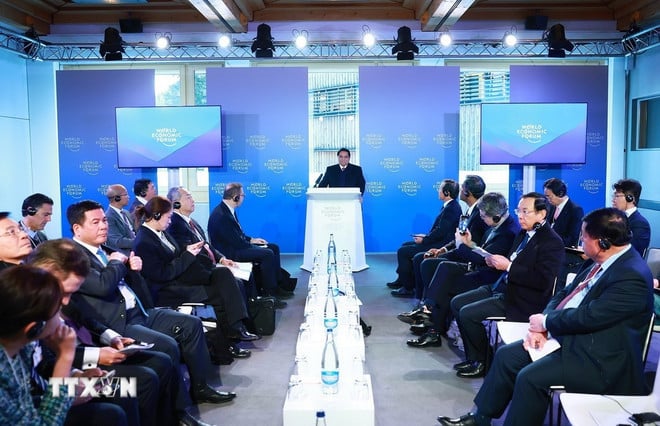
In particular, institutional improvement is the "breakthrough of breakthroughs," cutting administrative procedures, streamlining the organizational apparatus, considering institutions as resources and driving forces, contributing to reducing compliance time and costs for businesses and people, freeing up resources, and using public investment to lead investment.
At the same time, Vietnam has made a breakthrough in building synchronous and modern infrastructure, including both hard and soft infrastructure, including transport infrastructure, energy infrastructure, digital infrastructure, climate change response infrastructure, healthcare, education, sports, and social infrastructure, etc., contributing to reducing logistics costs and increasing the competitiveness of goods and products.
Vietnam has the foundation and basis to achieve the set goals and is increasingly gaining more experience, confidence, courage, and resources to continue developing in the new era.
Sharing about some strategic infrastructure projects, the Prime Minister said that Vietnam plans to complete the North-South high-speed railway in about 10 years, and is expected to start construction on the railway project connecting with China, Central Asia, and Europe in 2025; the nuclear power plant is expected to be completed in 5 years; at the same time, many large projects on airports, seaports, and highways are being strongly promoted to reach the finish line on time, striving to have at least 3,000 km of highways in 2025.
Along with that, Vietnam has made a breakthrough in human resources, especially training high-quality human resources in emerging industries and fields in the digital age such as semiconductor chips, artificial intelligence, cloud computing, internet of things, optoelectronics, etc. to meet the needs of businesses and investors, and improve labor productivity.
The Prime Minister affirmed that Vietnam will continue to strongly promote internal resources including people and nature, especially exploiting new development spaces such as marine space, underground space, outer space and cultural and historical traditions.
Vietnam has determined to develop rapidly but sustainably, with people as the center and subject, without sacrificing progress, fairness, social security and the environment to pursue mere economic growth, and has pioneered in completing the United Nations' millennium development goals early.
The Prime Minister emphasized that it is important to closely follow and grasp the world and regional situation, have appropriate thinking, approach and methodology to identify solutions to problems that are appropriate to the situation, characteristics, conditions and circumstances of Vietnam; and to determine that time, intelligence and timely decisiveness are the decisive factors for success.
Responding to concerns raised by delegates, Prime Minister Pham Minh Chinh said that Vietnam has implemented a training program for 50,000 semiconductor engineers. Vietnam is committed to ensuring no shortage of electricity with synchronous solutions, including the development of wind power, solar power, nuclear power and electricity imports.
Regarding concerns about the real estate sector, the Prime Minister informed that Vietnam continues to improve institutions and laws on land and real estate associated with strategic infrastructure development to open up new development spaces, thereby developing industrial real estate and commercial real estate, while promoting and encouraging investors to participate in the program of one million social housing apartments. Vietnam also prioritizes investment in the healthcare sector and encourages the cultural and entertainment industry.
The Prime Minister asked partners and investors to continue to accompany and cooperate with Vietnam in priority development areas, including providing advice on building and perfecting institutions, attracting high-quality investment, building infrastructure, providing financial incentives, researching and transferring modern technology, training and attracting high-quality human resources, and improving modern management capacity.
During the discussion, businesses repeatedly expressed their impression of the Vietnamese government's determination and commitment to improving the attractive investment environment and its high interest and support for the business community.
Enterprises have high expectations for the new era of the Vietnamese nation with remarkable development in quality and quantity of the economy, saying they will accompany Vietnam in the coming period and identify expanding investment and business in Vietnam as a long-term development strategy of the enterprise./.
Source





![[Photo] General Secretary To Lam meets and expresses gratitude to Vietnam's Belarusian friends](https://vphoto.vietnam.vn/thumb/1200x675/vietnam/resource/IMAGE/2025/5/11/c515ee2054c54a87aa8a7cb520f2fa6e)

![[Photo] General Secretary To Lam arrives in Minsk, begins state visit to Belarus](https://vphoto.vietnam.vn/thumb/1200x675/vietnam/resource/IMAGE/2025/5/11/76602f587468437f8b5b7104495f444d)
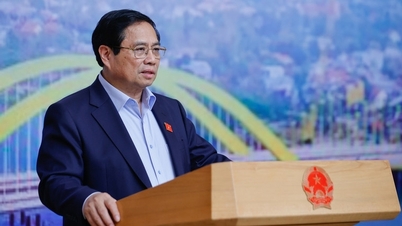



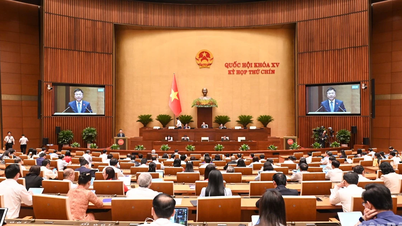


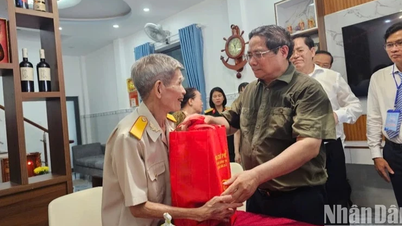


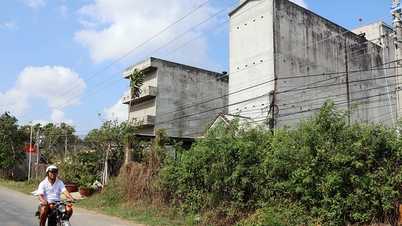

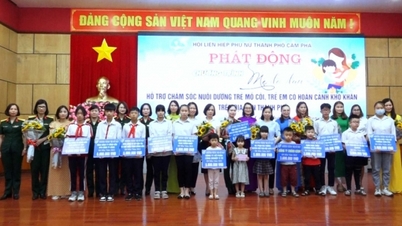
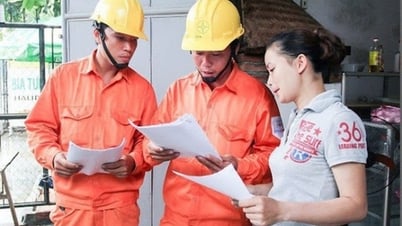
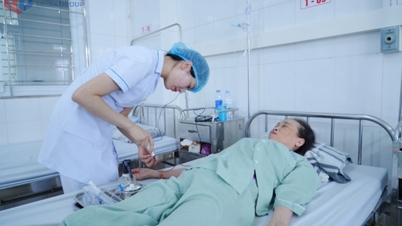





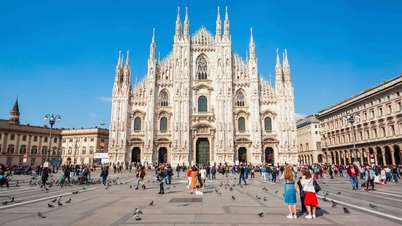


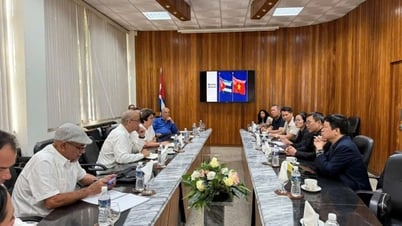

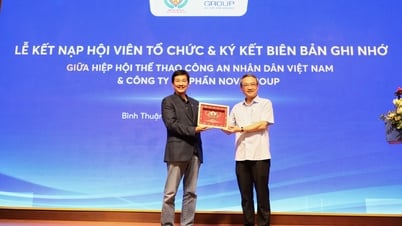
![[Photo] General Secretary To Lam concludes visit to Russia, departs for Belarus](https://vphoto.vietnam.vn/thumb/1200x675/vietnam/resource/IMAGE/2025/5/11/0acf1081a95e4b1d9886c67fdafd95ed)





























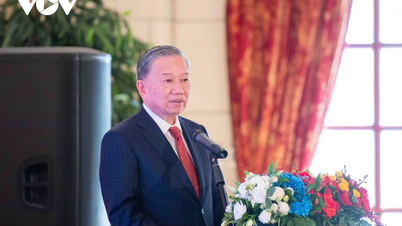

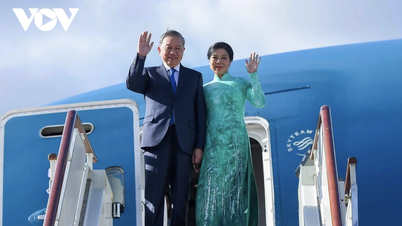
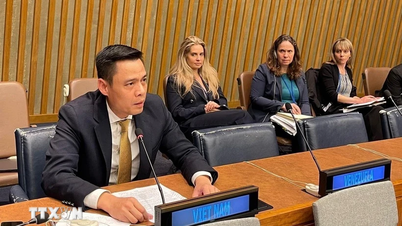













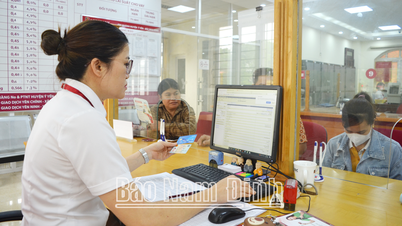

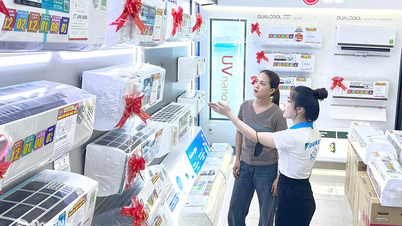

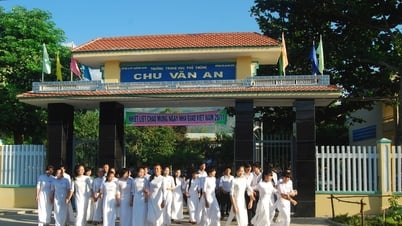

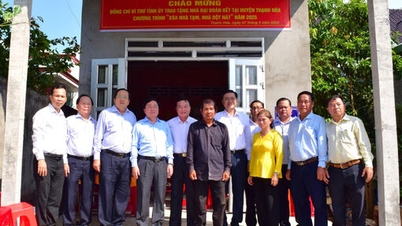









Comment (0)